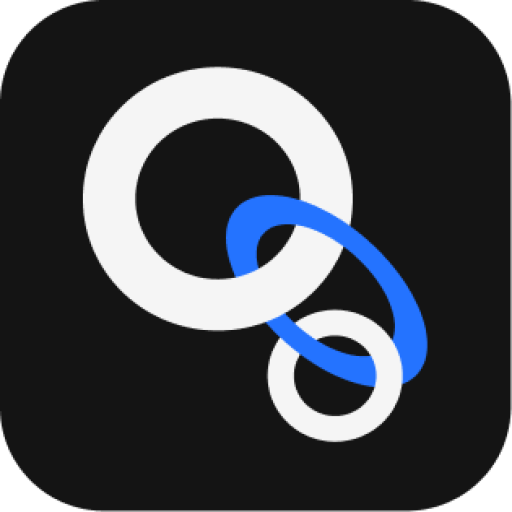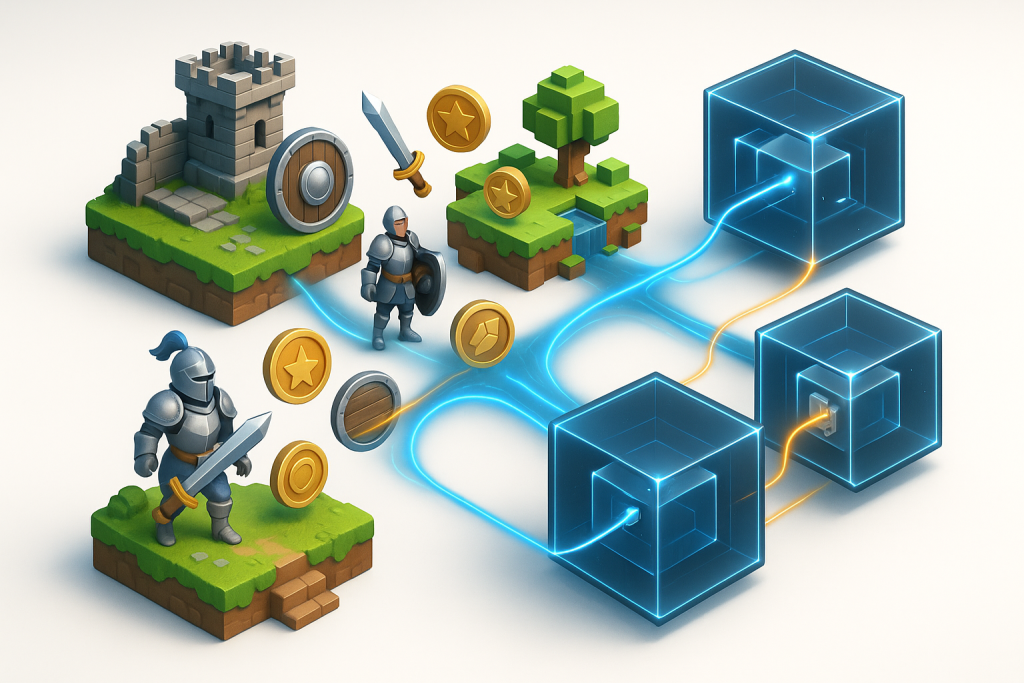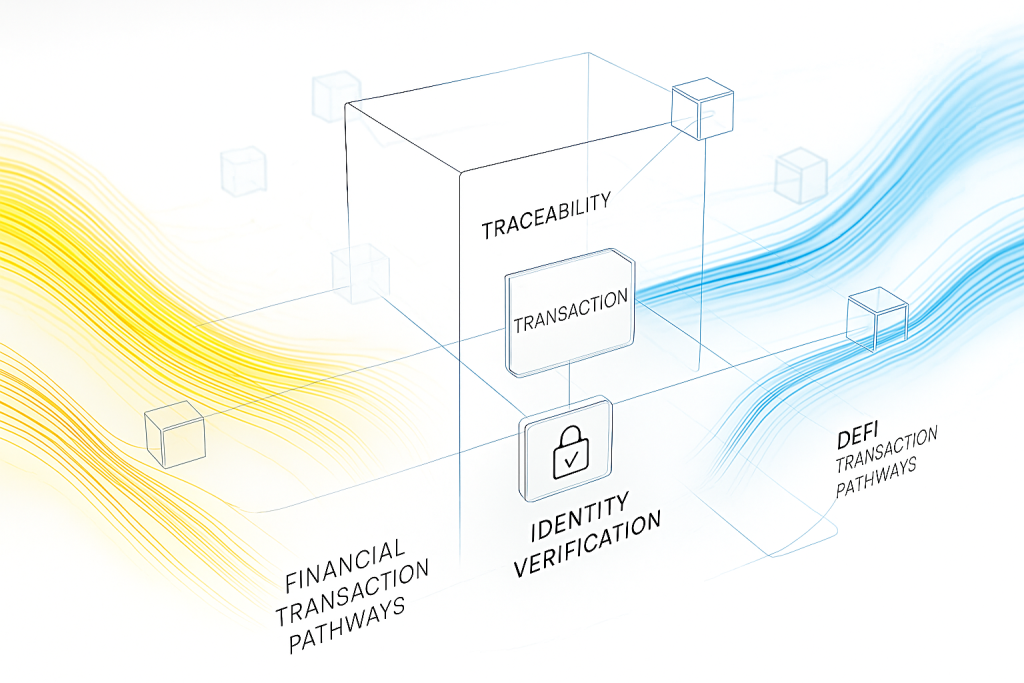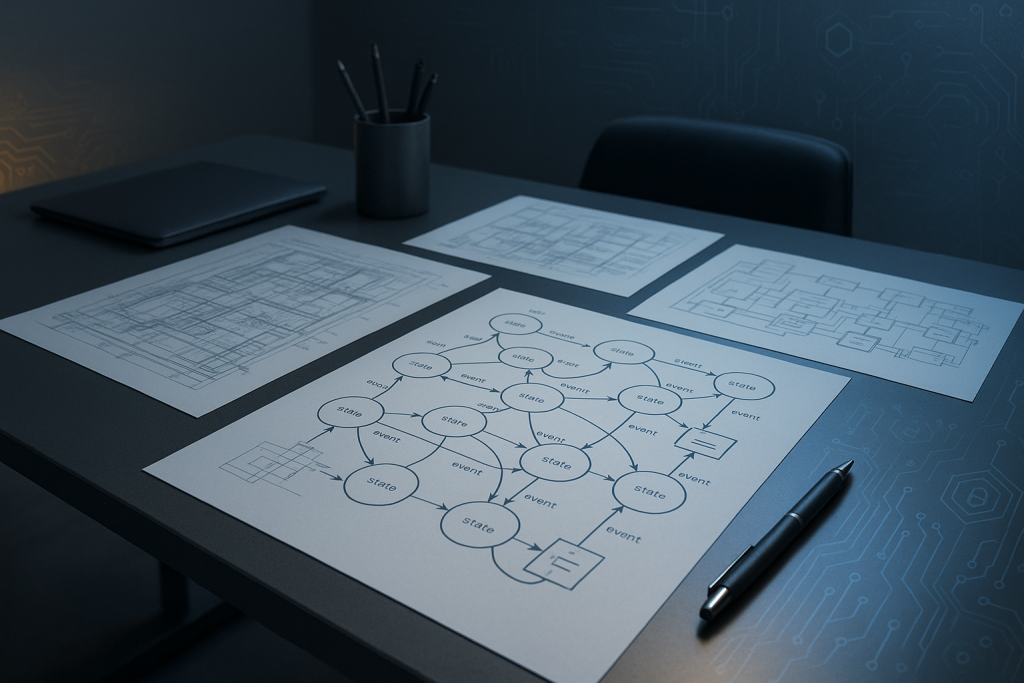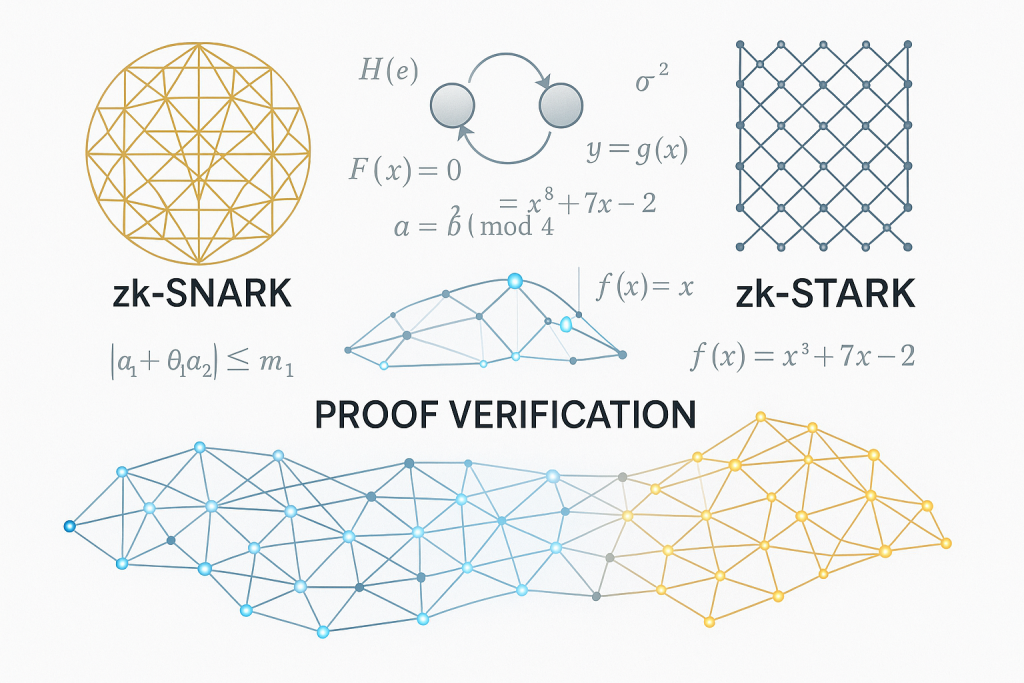TL;DR
Gaming assets present innovative possibilities as tokenized RWA. Oraclizer’s state synchronization technology enables on-demand tokenization of gaming assets, solving the token inflation problems prevalent in existing GameFi models. This approach maintains game balance while ensuring regulatory compliance, overcoming application platform constraints. Through complete state synchronization, it provides real-time consistency between in-game economies and external economies, allowing players to selectively tokenize their gaming assets as needed. This represents a new paradigm for Web3 gaming adoption.
The Web3 gaming industry currently faces significant challenges. Most blockchain games adopt an approach where all in-game assets are tokenized from launch, leading to token inflation and ultimately project failure—a pattern that continues to repeat. Additionally, application platforms (app stores, play stores, etc.) place restrictions on registering games that include cryptocurrency tokens, making it difficult for Web3 games to enter the mainstream market.
In this context, the new approach of treating gaming assets as RWA and tokenizing them presents an innovative solution to these problems. Particularly, Oraclizer’s state synchronization technology can provide a critical breakthrough in this area.
Limitations of Existing GameFi
The current GameFi model faces several structural limitations that hinder sustainable growth:
- Token Inflation Problems: Most Play-to-Earn games tokenize all in-game assets from launch, leading to serious inflation problems over time.
- Imbalance Between Gameplay and Token Economics: Structures that rely too heavily on token rewards undermine the core fun elements of games and attract players who only seek short-term profits.
- Application Platform Constraints: Major distribution platforms like app stores and play stores impose strict limitations on games that include cryptocurrency tokens, making mainstream market entry difficult.
- Regulatory Uncertainty: Classification as cryptocurrency tokens subjects games to various national regulations, limiting global service provision.
These limitations act as major barriers to the mainstream adoption of Web3 games.
RWA Tokenization of Gaming Assets: A New Paradigm
Oraclizer proposes an innovative approach by redefining gaming assets as Real-World Assets (RWAs) rather than Virtual Assets. This is not merely a conceptual shift but represents a fundamental paradigm change for the gaming industry.

On-Demand Gaming RWA Tokenization
Oraclizer’s core value proposition is the concept of “on-demand gaming RWA tokenization,” which has the following characteristics:
- User-Centric Approach: Instead of automatically tokenizing all gaming assets, players can selectively tokenize their assets only when needed.
- Maintaining Game Balance: The in-game economic system maintains its existing approach while providing connection to the external economy only when needed by players.
- Reduced Regulatory Burden: By treating gaming assets as RWAs, they can operate in a much more flexible regulatory environment compared to virtual asset regulations.
Key notes: This approach opens up the possibility of treating gaming assets as RWAs rather than virtual assets, similar to how financial RWAs like treasury bonds are not classified as virtual assets.
Cross-Game Asset State Synchronization
One of the most innovative aspects of Oraclizer is its ability to synchronize asset states across different games. This provides unprecedented interoperability and asset mobility to the gaming industry.

Cross-Game Asset Standardization
The first step in cross-game asset synchronization is defining asset standards that are compatible across different gaming environments:
- Metadata Standardization: Defining consistent metadata standards that express asset attributes, abilities, appearances, etc.
- Asset Mapping Framework: Providing a framework that defines mapping between assets with similar functions in different games.
- Asset Transformation Rules: Defining rules for transforming assets from one game into forms usable in other games.
Cross-Game State Tracking System
Oraclizer provides a system that tracks and manages asset states across multiple games:
- Global Asset Registry: Building a global asset identifier system recognizable by all participating games.
- State Change Event Propagation: Real-time propagation of asset state changes occurring in one game to other participating games.
- Consistency Guarantee Mechanism: Providing consensus mechanisms that ensure consistency of asset states across different games.
Cross-Game Experience Cases
Let’s examine innovative gaming experiences made possible through Oraclizer’s cross-game state synchronization:
- Multiverse Identity: Players can use a single character or avatar across multiple games, with achievements and progress in one game reflected in others.
- Cross-Game Quests: Performing integrated quests spanning multiple games, where items acquired in one game may be necessary for advancing quests in another.
- Asset Evolution System: Items that evolve after meeting certain conditions in one game can exhibit enhanced abilities in other games.
- Cross-Game Economic System: Building an integrated economic system across multiple games, enabling exchange of resources and goods between games.
Technical Implementation Methods
Cross-game asset state synchronization is implemented through the following technical approaches:
- Shared State Machine: Building a shared state machine that multiple games can reference to manage the global state of assets.
- Event Sourcing Pattern: Recording all asset state changes as events and reconstructing asset states in each game based on these events.
- Real-time Synchronization Protocol: Using an efficient protocol for real-time propagation of state changes between games.
- Conflict Resolution Algorithm: Providing algorithms that resolve conflicts between state changes occurring simultaneously in multiple games.
Use Cases for Gaming RWA Tokenization via Oraclizer
On-Demand Tokenization of Game Items
Players can tokenize rare items or equipment acquired in-game as needed. This enables the following scenarios:
- Selective Marketplace Participation: After acquiring specific items in-game, players can choose to tokenize them for trading on cross-chain marketplaces if desired.
- Item Value Preservation: Even if a game service terminates, tokenized items remain permanently recorded on the blockchain, preserving their value.
- Cross-Game Utilization: Through collaboration between multiple games, tokenized items can potentially be utilized in different gaming environments.
DeFi Integration of In-Game Currency
In-game currencies (gold, coins, etc.) can be tokenized as RWAs and connected to the DeFi ecosystem:
- Liquidity Pool Participation: Providing tokenized game currencies to DeFi liquidity pools to generate returns.
- Financial Product Development: Developing new financial products (loans, derivatives, etc.) based on game currencies.
- Cross-Game Economy Connection: Connecting economic systems of different games to build new forms of metaverse economies.
Gaming Real Estate and Fixed Assets
Fixed assets such as in-game real estate or territories can be tokenized as RWAs to create new value:
- Providing Investment Opportunities: Enabling fractional ownership of in-game land or buildings to provide diverse investment opportunities.
- Rental and Revenue Models: Renting tokenized game real estate to other players and generating continuous revenue.
- Asset Value Appreciation: As games gain popularity and economies grow, real estate values increase, implementing investment dynamics similar to actual real estate.
Challenges and Solution Strategies
While RWA tokenization of gaming assets offers innovative possibilities, it also presents several challenges. Oraclizer is developing strategies to address these challenges.
1. Regulatory Uncertainty
Challenge: The approach of defining gaming assets as RWAs is a new area not yet validated from a regulatory perspective.
Solution Strategy:
- Developing a comprehensive regulatory compliance framework based on RCP
- Establishing regulatory guidelines specialized for the gaming industry
- Active cooperation and communication with regulatory authorities
2. Technical Complexity
Challenge: Seamless state synchronization between gaming environments and blockchain is technically complex.
Solution Strategy:
- Developing simplified integration SDKs for game developers
- Providing optimized plugins for different game engines
- Designing scalable APIs to support various game types
Key notes: Oraclizer’s state synchronization technology provides the foundational infrastructure needed to overcome these technical complexities, enabling seamless integration between gaming environments and blockchain systems.
3. User Experience Optimization
Challenge: Blockchain technology can still seem complex and difficult for ordinary gamers.
Solution Strategy:
- Designing intuitive user interfaces that abstract blockchain complexity
- Providing step-by-step onboarding processes
- Developing educational materials and tutorials
4. Asset Valuation
Challenge: Fair valuation of gaming assets is an important challenge in RWA tokenization.
Solution Strategy:
- Developing algorithms for asset valuation
- Introducing market-based pricing mechanisms
- Providing real-time price information through data oracles
Conclusion
RWA tokenization of gaming assets is an innovative approach that can solve various problems currently facing the Web3 gaming industry. Oraclizer’s state synchronization technology provides a solid technical foundation for realizing this vision.
Through the on-demand tokenization concept, players can focus on the inherent fun and immersion of games while also being able to tokenize their gaming assets to participate in broader economic systems whenever they want. This represents a new paradigm that maintains game balance while providing players with greater freedom and value.
Additionally, by defining gaming assets as RWAs, it’s possible to overcome regulatory constraints and lower barriers to mainstream market entry. This will serve as an important catalyst accelerating the mainstream adoption of Web3 games.
“Cross-game asset state synchronization provides a new dimension of interoperability and asset mobility to the gaming industry, opening up innovative possibilities that break down the boundaries of gaming experiences.”
Particularly, cross-game asset state synchronization provides a new dimension of interoperability and asset mobility to the gaming industry, opening up innovative possibilities that break down the boundaries of gaming experiences. This can enable the realization of a true gaming metaverse.
RWA tokenization of gaming assets is a balanced approach that goes beyond simple technological innovation, preserving the intrinsic value of games while maximizing the benefits of Web3. Oraclizer is leading the journey to make this vision a reality.
References
[1]. Chainlink. (2024). “The tokenization of game assets refers to the process of creating blockchain-based certificates of ownership for in-game items, avatars, and currencies”. https://chain.link/education-hub/tokenization-of-game-assets
[2]. GAM3S.GG. (2024). “Explore the impact of blockchain-based tokenization on gaming as players gain control over in-game assets”. https://gam3s.gg/news/tokenizing-in-game-assets/
[3]. Gamepost.io. (2025). “Games as Real-World Asset Projects: Bridging Digital and Physical Value”. https://gamepost.io/games-as-real-world-assets/
[4]. SDLCCORP. (2025). “Tokenization in gaming is the process of converting in-game assets into blockchain-based digital tokens”. https://sdlccorp.com/post/how-blockchain-technology-facilitates-tokenization-of-in-game-assets/

